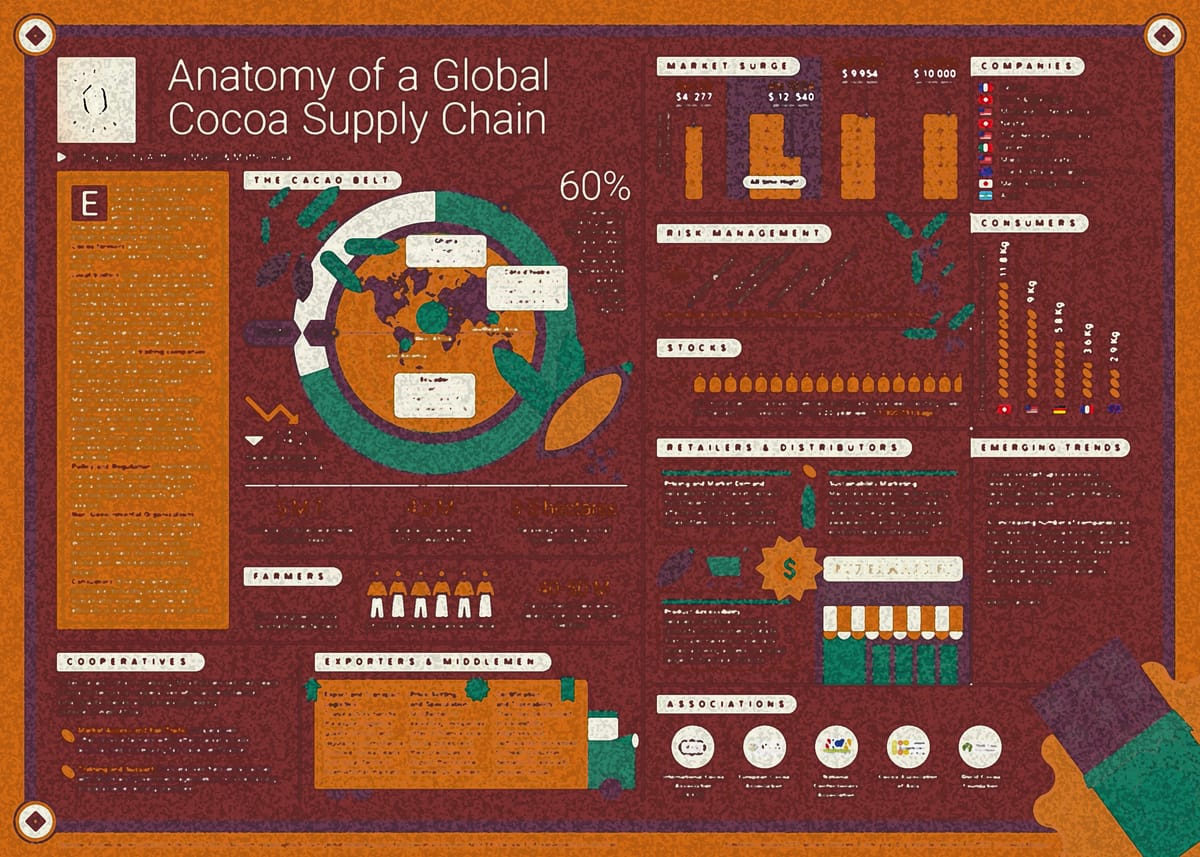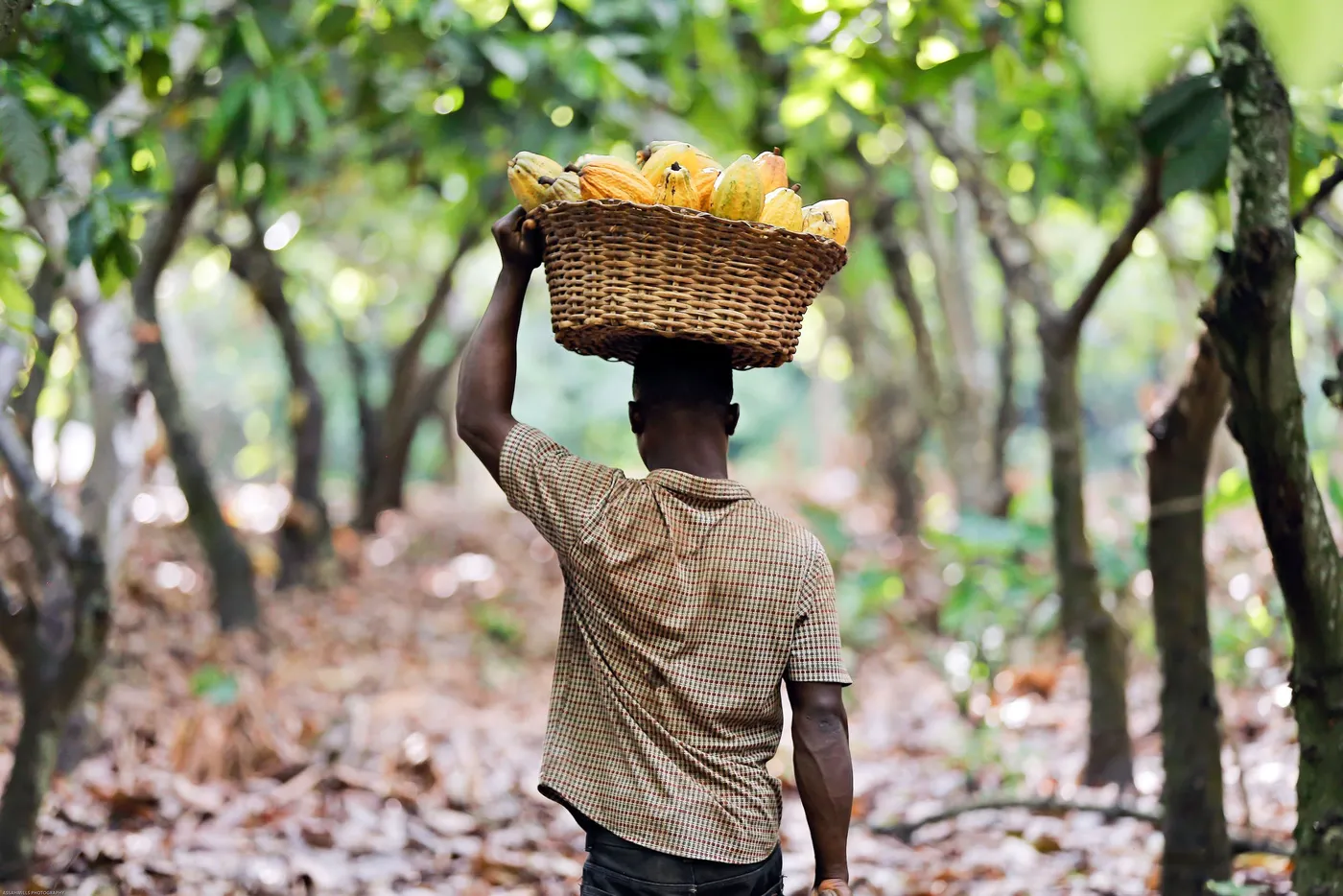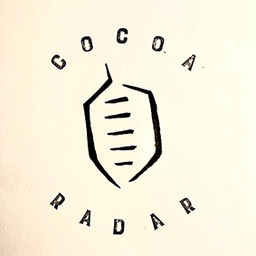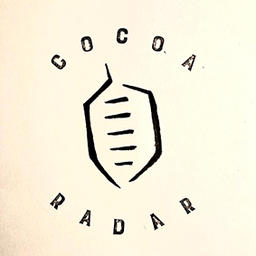In 62 countries, the organisation continues to demonstrate impact in creating a future where people and nature thrive. Yet this year’s report departs from the usual certainties of growth and expansion. Instead, it reflects a movement in transition: from certification toward regeneration, from farm-level fixes toward landscape-wide solutions, from static compliance toward dynamic resilience.
"Tropical forests are still falling at an alarming rate—10 football fields a minute—and the climate crisis is accelerating, pushing our world toward a dangerous tipping point and driving unprecedented biodiversity loss. Meanwhile, many farming and forest communities still struggle daily to meet basic needs," said Santiago Gowland, CEO of the Rainforest Alliance. "Now is the time to transition to a new model of agriculture—one where every cup of coffee and every bar of chocolate gives back more than it takes from the land and the people who care for it."
A Strategic Shift
At the heart of the Rainforest’s 2024 report is a strategic shift: regenerative agriculture has taken centre stage, a fundamental reimagining of agriculture, not just minimising harm, but actively restoring ecosystems while improving farmer livelihoods.
Going forward, the Rainforest Alliance’s programmes emphasise inclusive governance, traditional knowledge, and locally tailored climate adaptation strategies.
Regional Initiatives
In Ghana and Côte d’Ivoire, the Alliance’s flagship cocoa programmes are grappling with a perfect storm: erratic weather, crop disease (notably swollen-shoot virus), and plummeting yields. Certified cocoa production has dipped, but certified sales have remained strong, reflecting sustained demand even amid supply shocks.

Stand-out programmes include Ghana’s Asunafo-Asutifi region and Côte d’Ivoire’s forest borderlands, which are now shifting toward landscape-level strategies—prioritising reforestation, youth employment, school outreach, and climate-risk mitigation.
Meanwhile, Cameroon has emerged as a model for inclusive land governance. Two Landscape Management Boards and nine municipal commissions now guide agroforestry expansion in culturally sacred forests, with participation by women at or above 30%—a rare achievement in rural environmental governance, the report highlights.
Cocoa in the Crosshairs
Despite the expansion of regenerative practices, the 2024 report does not shy away from sectoral stress points, particularly in the cocoa sector.
1. Falling Certified Production
Production declined in 2024 in key cocoa regions due to climatic extremes and disease pressure. This threatens to derail the gains made in sustainable sourcing—unless structural support is ramped up.
2. Low Farmer Incomes
Certification remains financially out of reach for many smallholders. Even those in the programme often fail to earn a living income, prompting some to adopt unsustainable practices, including deforestation and the use of informal labour.
The Rainforest Alliance’s Sustainability Differential of $70/tonne helps, but is clearly not nearly enough.
3. Reforestation Struggles
Tree planting—a popular climate solution—has shown low seedling survival rates in cocoa-growing areas. Farmers often avoid planting due to concerns about humidity, pest risks, or a lack of follow-up support.
4. Due Diligence Pressure
With the EU Deforestation Regulation (EUDR) set to take effect in late 2025, cocoa exporters face immense compliance pressure. The Rainforest Alliance responded in 2024 by updating its Sustainable Agriculture Standard (version 1.4) to incorporate traceability tools aligned with EU DR expectations.
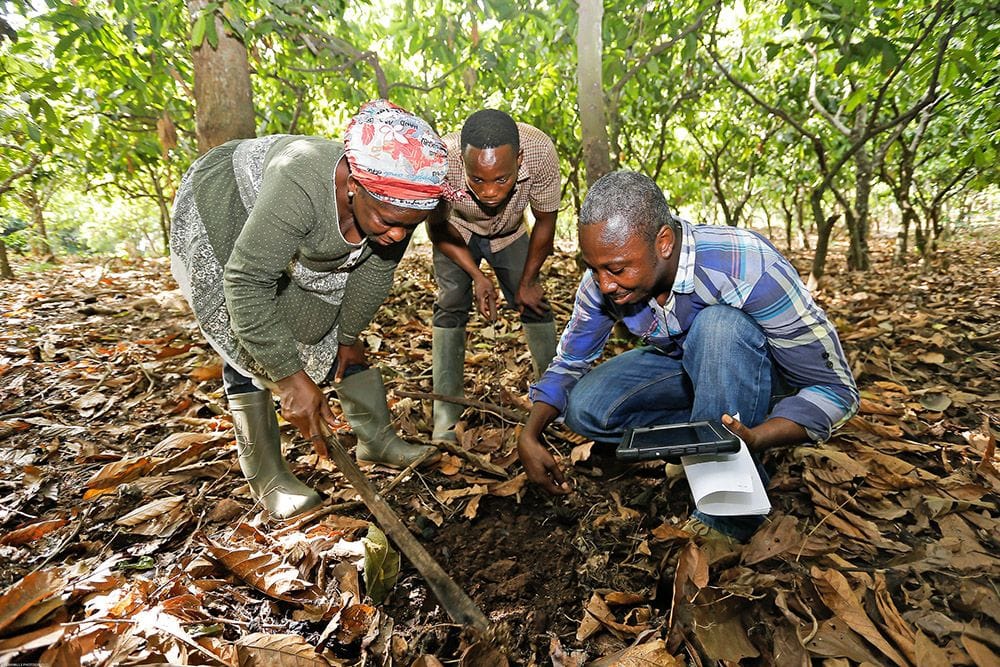
However, readiness is uneven across producing countries, and the risk of smallholders being excluded from regulated markets is on the rise.
Is Certification at a Turning Point?
The Rainforest Alliance’s financials remain healthy, with $110.8 million in revenue, of which 76% is allocated to programmes, 20% to management, and 4% to fundraising. But the true story is not in the balance sheets—it’s in the philosophy.
In 2024, certification alone was no longer enough. The organisation leaned heavily into place-based partnerships, farmer co-creation, and adaptive strategies that reflect the evolving nature of agricultural risk.
This includes launching the first EUDR-ready coffee shipment from India to Europe, developing sectoral risk maps to identify hotspots of human rights abuse, and integrating gender inclusion targets into forest governance across Africa.
"We're growing our movement with urgency and purpose, because the future won't wait—and neither will we," added Gowland.
CocoaRadar’s Takeaway - 'A Quiet Call to Arms'
The Rainforest Alliance’s 2024 Annual Report doesn’t just catalogue impact—it issues a quiet call to arms. As the cocoa sector faces mounting volatility—from El Niño to EU law to eroding trust in certifications—the organisation is betting on resilience through regeneration.
For cocoa traders, manufacturers, and policymakers, this means rethinking how sustainability is financed, monitored, and delivered—not just in terms of metrics, but in terms of meaningful local change.
As we head into another turbulent harvest season, the sector will need to decide: Will it double down on extractive trade models? Or follow the emerging contours of a regenerative future?
- Access the full 2024 Annual Report at https://rainforest-alliance.org/annual_report/2024/
- 'From Our Desk. To Yours. Daily.'
- Sign-up here for free for CocoaRadar's newsletter and upgrade to an annual plan to support our journalism.
